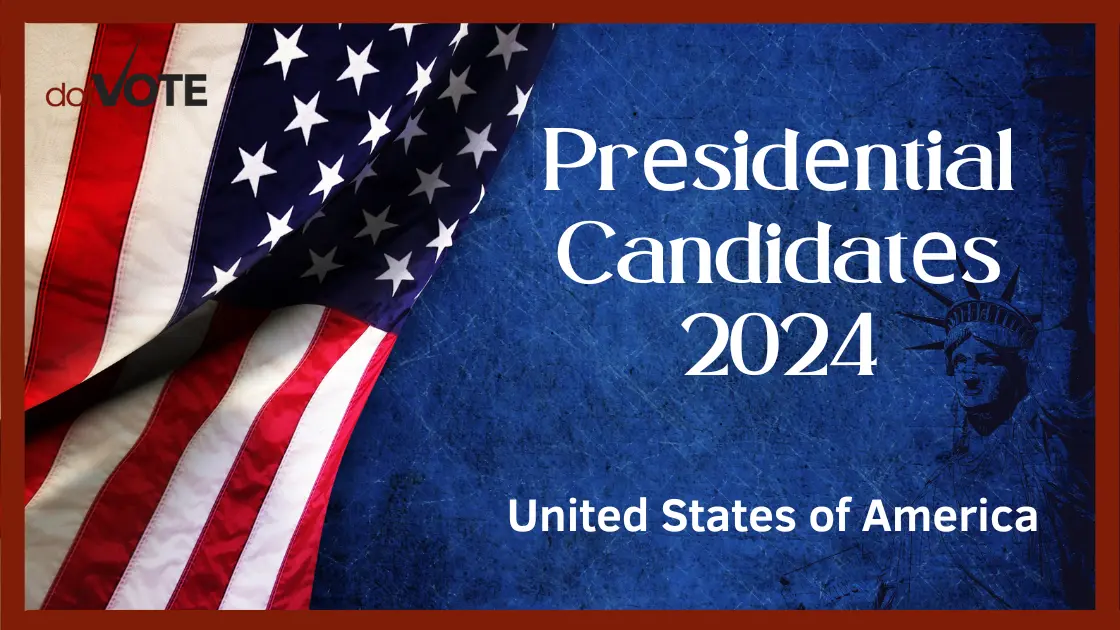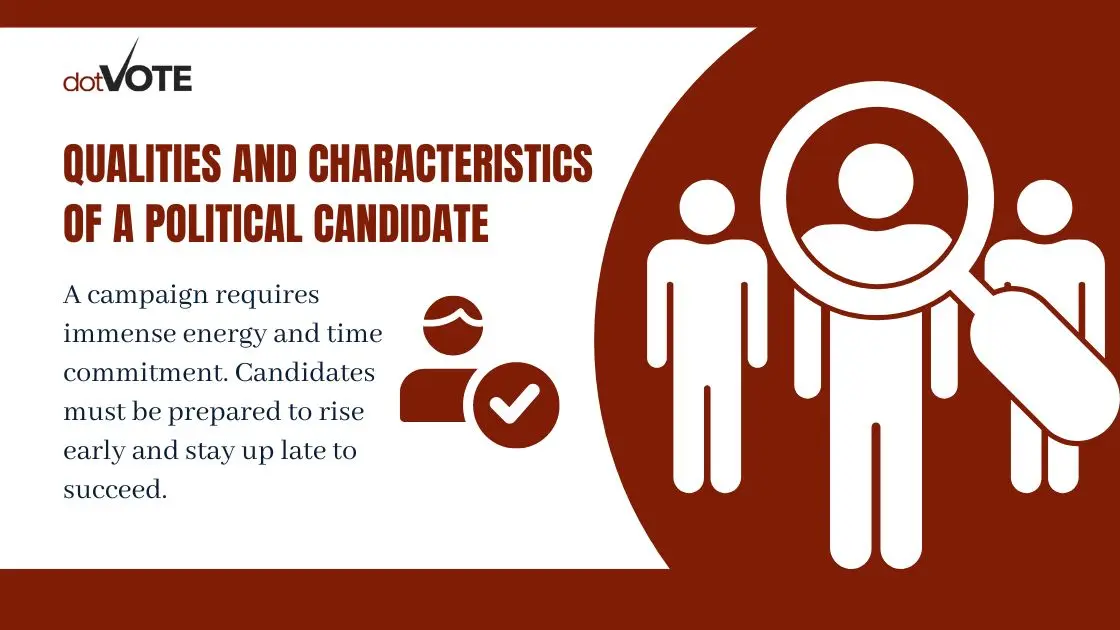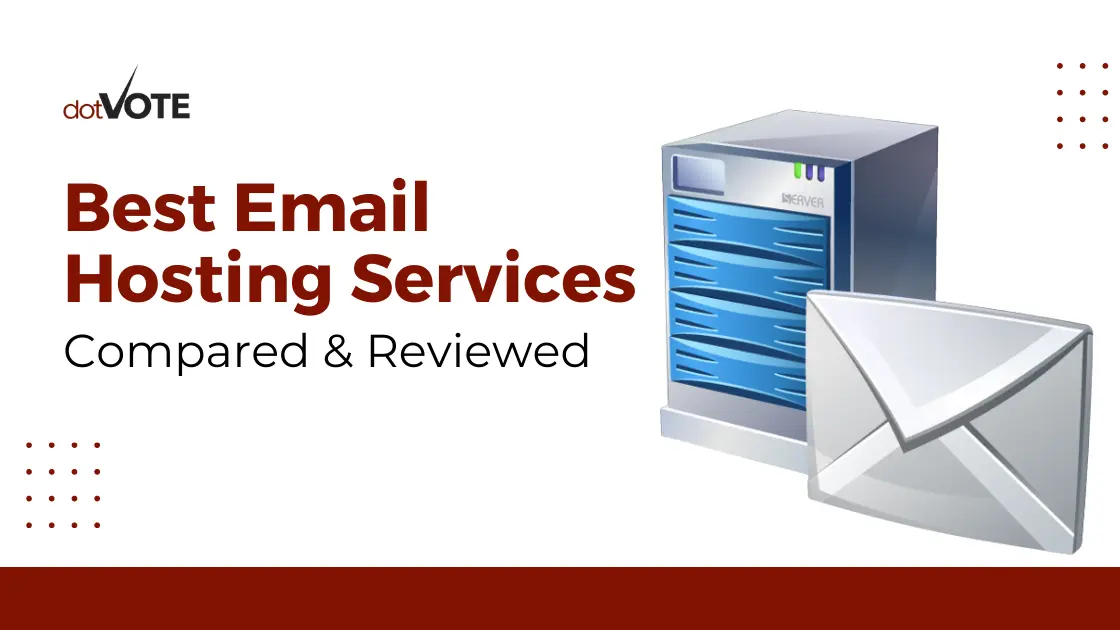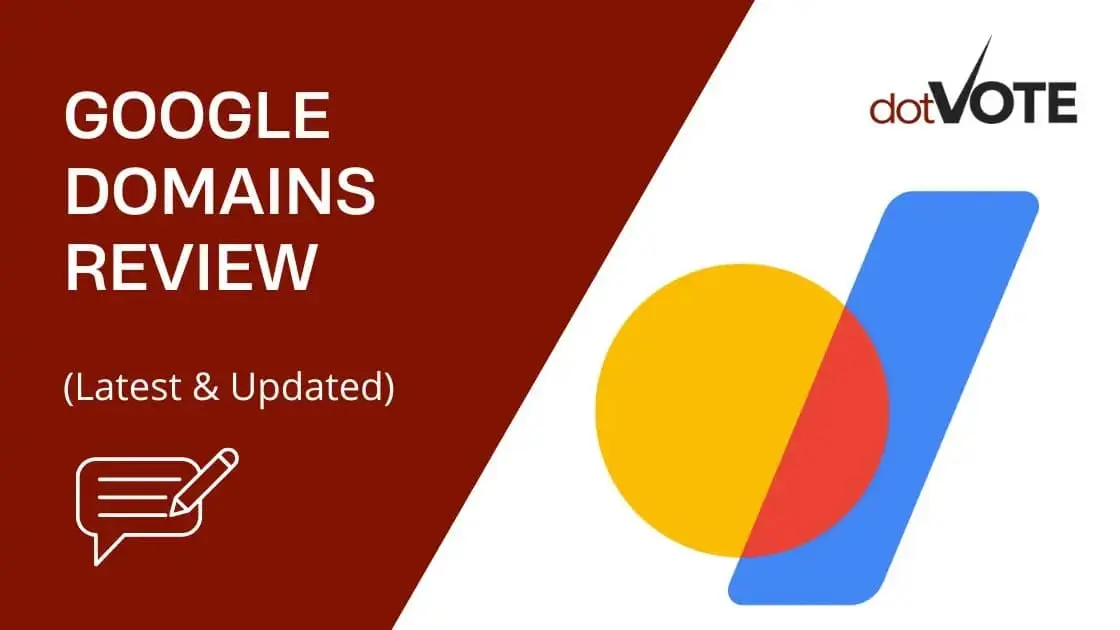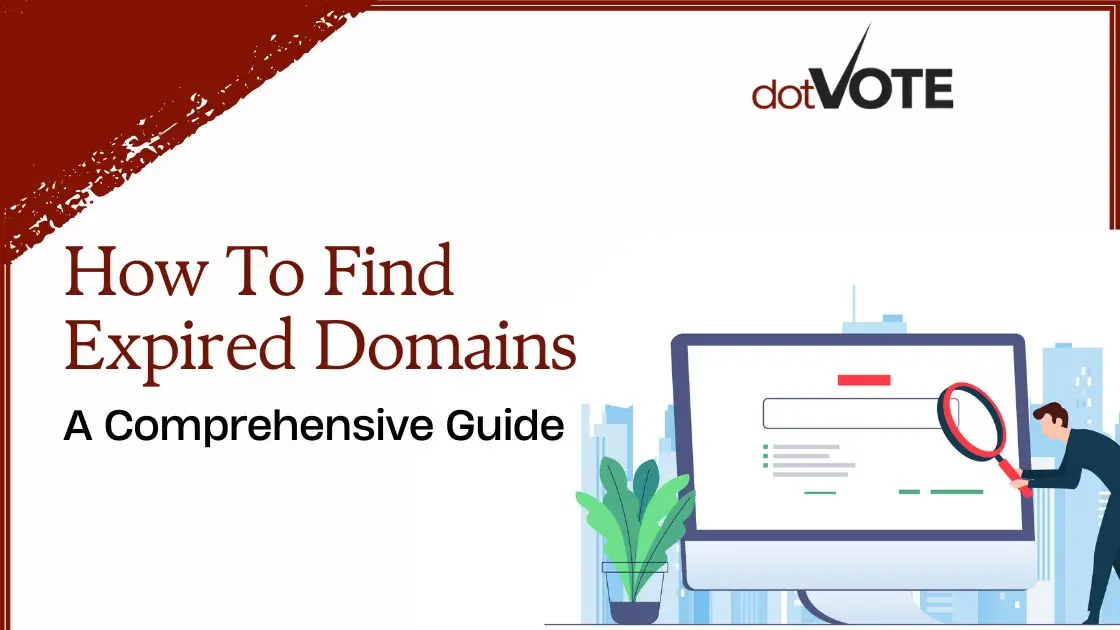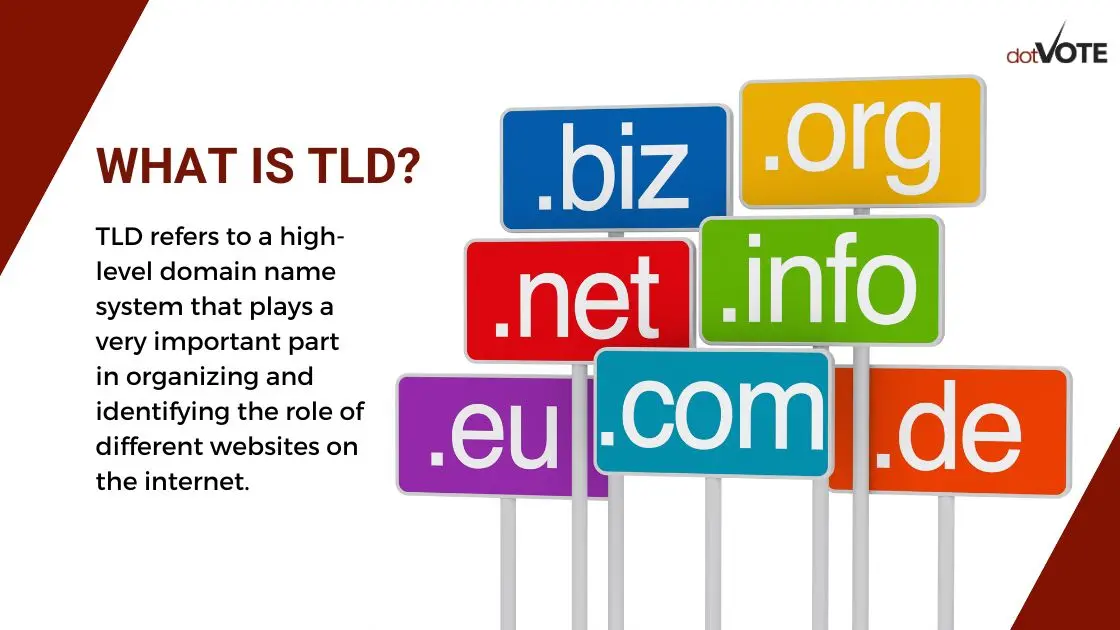Political campaigns have changed a lot in recent years, and nowadays, having a strong online presence is critical for any campaign. Therefore, choosing a suitable domain name is important for creating a successful campaign website.
This article will guide you in choosing the perfect domain name for your campaign website. We will cover the basics of domain names, essential factors to consider when choosing a domain name, best practices for picking a domain name, and much more.
After reading this article, we assure you to have all the knowledge you need to pick a domain name that people will remember, connect with your audience, and fit your campaign’s message.
What are the fundamentals of picking domain names for political campaign websites?
While choosing a domain name for your political campaign website, there are several fundamental factors that you need to keep in mind. Firstly you must know the basics of a domain name and the types of top-level domains (TLDs) available.
A domain name is the web address that people use to find your website. It comprises the top-level domain (TLD) and the second-level domain.
The top-level domain (TLD)
The TLD comes after the dot of your domain name, such as .com, .org, .gov, etc. The second-level domain is part of the domain name that comes before the dot and is the unique identifier for your website.
Several options are available when choosing the right TLD for your political campaign website. The most popular TLD is .com, which is widely recognized and easily remembered. However, choosing the right TLD is essentially based on what kind of movement you are running.
One option that you can consider is the .vote domain. This TLD is specifically designed for political campaigns and candidates, and it can be an excellent choice if you want to have a strong online presence. The .vote domain is relevant, memorable, and easy to remember. It is a good way to show your campaign’s commitment to democracy and civic engagement. By choosing a .vote domain, you can create a web address that communicates your campaign’s purpose and message.
The pined domain name
In addition to choosing the suitable TLD, some other things need to be considered while selecting a domain name. Relevance is important. The domain name must be related to your campaign and what you stand for. It should also be simple and easy to remember.
The length of the domain
Another important factor is the length of the domain name. Shorter domain names tend to be more memorable and easier to type. Avoiding hyphens and numbers in your domain name is also a good idea, as these can make it harder to remember and type.
Unique yet relatable name
Ensuring your chosen domain name is available and does not infringe on trademarks is essential. You can check availability using domain name registrars such as GoDaddy, Dot Vote or Namecheap. In addition, conducting a trademark search to ensure that your chosen domain name does not infringe on any existing trademarks is also a good idea.
Factors to keep in mind while selecting a domain for a political website
When it comes to choosing the perfect domain name for your political campaign website, there are several factors that you should keep in mind. These factors can help ensure your domain name is relevant, memorable, and easy to find for your target audience.
Keep it short and simple
One of the most important best practices is to have a short and simple domain name. People tend to remember and feel easier to typing shorter domain names, and they also tend to be more brandable. Keeping the domain name under 15 characters is the best practice if possible. Avoid using complex words or phrases that are difficult to spell or remember.
Make it relatable to what you provide
Another best practice is to make your domain name relevant to your campaign. Your domain name should reflect your campaign’s message, values, and goals. Use relevant keywords to your campaign and resonate with your target audience. This will help your website appear in search results and make it easier for people to find your site.
When choosing a domain name, it is also important to consider your campaign’s overall branding and messaging. Your domain name should be consistent with your campaign’s branding and messaging. This will help create a cohesive and recognizable image for your campaign across all channels, including your website.
Avoid numbers and special characters
Another best practice is to avoid using numbers or hyphens in your domain name. These can make it harder to remember and type and make your domain name look less professional. Instead, stick to using letters and simple words whenever possible.
Select a good domain hoster
Lastly, it is important to conduct research and check the availability of your chosen domain name. Use domain registrars such as GoDaddy, Dot Vote or Namecheap to search for available domain names. You can also use trademark search tools to ensure your domain name does not infringe on any existing trademarks. This will help you build a strong online presence and effectively communicate your campaign’s message to voters.
Best practices for domain name selection in political campaigns
Once you have chosen your domain name, optimizing it for search engines is essential. This means ensuring that your website appears at the top of SERPs when people search for relevant keywords.
To optimize the domain name for search engines is to include relevant keywords in your domain name. This will help your website rank higher in search results for those keywords. However, it is essential to use keywords naturally and organically. Avoid using irrelevant or excessive keywords, which can hurt your search rankings and make your domain name look spammy.
Another way to optimize your domain name is to create high-quality, relevant content on your website. This will help increase your website’s visibility and credibility in search engines. Use relevant keywords in your content, but write for your target audience, not just search engines.
How to increase the visibility of the domain name of your political website
Once you have chosen and optimized your domain name, it is essential to promote it effectively to ensure that people can find your website easily. Here are some effective strategies for promoting your political campaign website:
Use social media platforms like Facebook, Twitter, and Instagram to promote your website and reach a wider audience. Share updates and links to your website regularly, and encourage your followers to share your content with their networks.
Email marketing
Build an email list of supporters and send regular newsletters with updates on your campaign and links to your website. Use email marketing tools such as Mailchimp or Constant Contact to design and send professional-looking emails.
Online advertising
Consider running online ads on platforms such as Google AdWords or Facebook Ads to make your website visible to a larger audience. These platforms allow you to target specific demographics and interests, which can help you get voters who are more likely to support your campaign.
Traditional advertising
Remember traditional advertising methods such as flyers, posters, and billboards. Use your domain name prominently in your advertising materials to drive traffic to your website.
Public relations
Reach out to local media outlets such as newspapers, radio stations, and TV stations to get coverage for your campaign. Use your domain name in press releases and interviews to drive traffic to your website.
Outreach to influencers
List down the influencers in your niche and reach out to them to promote your campaign and website. This could include bloggers, podcasters, or social media influencers with a large following in your target audience.
How to Protect Your Domain Name
Once you have chosen your domain name, it is essential to protect it to ensure that it remains exclusively yours and is not used by anyone else. Here are some key steps to take to protect your domain name:
Register your domain name
Register your domain name with a reputable domain registrar such as GoDaddy, Namecheap, Dot Vote or Google Domains. This will give you ownership of the domain and the ability to manage it.
Keep your registration information up to date
Ensure that your domain registration information is accurate and up to date. This will help prevent domain registration issues, such as expiring or being transferred without your permission.
Set up domain privacy
Consider setting up domain privacy to protect your personal information from publicly appearing in the domain registration records. This can help prevent spam and unwanted contacts.
Monitor for infringement
Regularly monitor the web and social media for any infringement on your domain names, such as similar domain names or social media accounts. If you find any instances, immediately protect your domain name.
Consider trademark registration
If your domain name is closely tied to your political campaign or brand, consider registering it as a trademark with the relevant authorities. This can give you legal protection and prevent others from using your domain name without your permission.
Frequently Asked Questions
Q: Why is choosing the right domain name for a political campaign website important?
The domain name is often the first impression people have of a political campaign website, so it is important to choose a name that is memorable, easy to spell and type, and reflects the message and values of the campaign.
Q: What are some tips for choosing a good domain name for a political campaign website?
Consider using the candidate’s name or a catchy slogan as the domain name. It is also important to ensure the domain name is available and easy to remember, spell, and type. Avoid using numbers, hyphens, or other special characters that can make the domain name harder to remember or find.
Q: Can the domain name be changed later in the campaign?
Yes, changing the domain name later in the campaign is possible, but it can be confusing for supporters and potentially hurt the campaign’s branding and search engine rankings. Choosing a domain name that can be used throughout the campaign is best.
Conclusion
Choosing the right domain name is critical in creating an effective and engaging political campaign website. Your domain name is not only the address where voters will find you online, but it’s also an essential part of your brand and messaging. With the help of the guidelines in this article, you can choose a memorable domain name that is easy to spell and aligns with your campaign’s message and values.
Consider using a .vote domain extension to increase your credibility and signal your commitment to democracy and civic engagement. Additionally, be sure to protect your domain name by registering it, keeping your registration information up to date, setting up domain privacy, monitoring for infringement, and considering trademark registration. With the help of a proper domain name, you can make a powerful first impression on voters and build trust and credibility for your political campaign. With a well-designed, optimized, and promoted website, you can effectively communicate your message and values to voters and win their support for your political campaign.
Spark online success by securing your .vote domain at 101domain.com with ease, ensuring your digital presence shines brightly.












